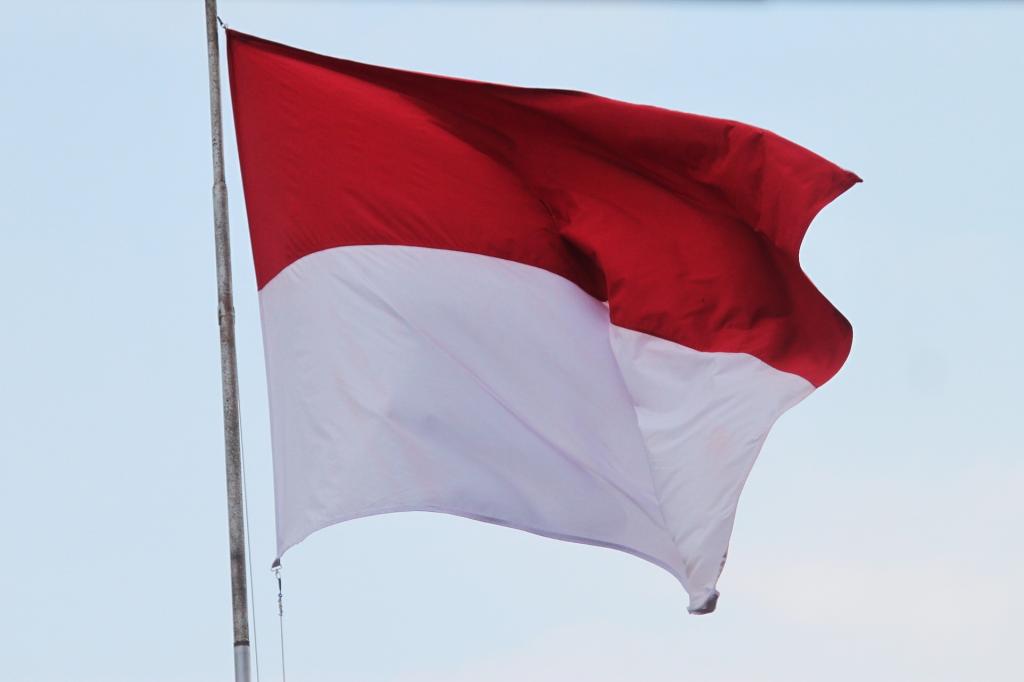Abstract
This research aims to examine how to deal with radicalisation in West Java, Indonesia. To achieve this goal, researchers focused on the efforts of the national institutions in dealing with radicalisation, for instance through educational institutions such as universities and boarding schools; regional governments represented by regional apparatus organisations, for example the public education institution at the municipality level, the Badan Nasional Penanggulangan Terorisme (National Counter Terrorism Agency) (BNPT) and national defense institution (the Indonesian Army); including individual actors. As the subjects of this research, therefore the sub-state and non-state actors were chosen to see their relevance and contribution to the study of International Relations after the Black September era. Additionally, it tends to search its contribution to global peace and security. West Java became a locus of this research because the historical records that reported as a place for the growing of a radical movement. Furthermore, in the contemporary socio-political development, West Java became an area with the dynamics of Islamist thought and movement that were considered related to the radicalisation . This research uses a qualitative approach with descriptive analysis methods utilizing interview data collection techniques, field observations and utilization of online information both historical and contemporary. In order to build conceptual framework the research concerned on societal security and radicalisation. This research found that efforts in dealing with radicalisation are still state centric, with the limited involvement and contribution of sub-state and non-state actors. This limitation has triggered society and made them concerned about the possibility of extremism and / or fanaticism with violence, which can lead to intolerance so that it became a threat to societal security and even national security.
Keywords: societal security, radicalisation, non-state actors, sub-state actors.


